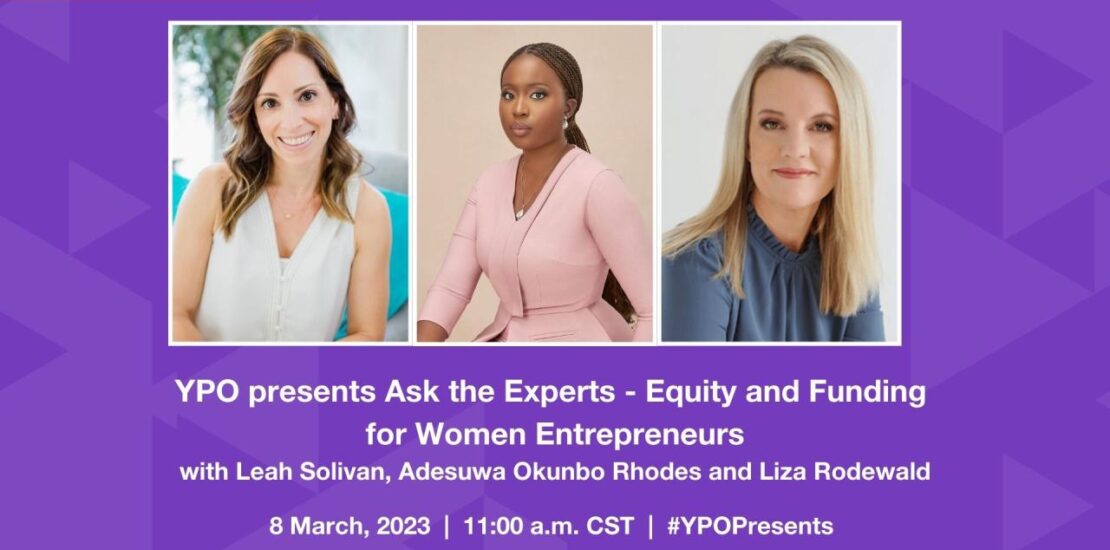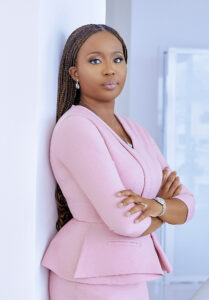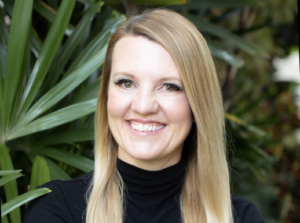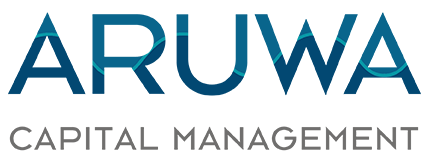- March 8, 2023
- Posted by: Kusumi
- Category: Articles

The latest episode of YPO presents ask the Experts – Equity and Funding for Women Entrepreneurs
Host: Leah Solivan, Managing Director of Fuel Capital
Guest Speakers:
- Adesuwa Okunbo Rhodes, Founder and CEO of Aruwa Capital Management
- Liza Rodewald, Founder and CEO of Instant Teams
Theme of Discussion: What needs to change for women-led businesses to get the investments they need to scale and grow for the long-term.
According to Pitchbook, only 2% of VC capital in the US was invested in women-founded companies. In Europe, it was less than 1% while in Africa it is only slightly higher at 4%.
WHO’S WRITING THE CHECKS?
In the venture capital world, who is writing the checks can have a big impact on who gets funded. The lack of gender diversity in key decision-making roles is one of the reasons that Rhodes launched Aruwa Capital in 2019, a women-led firm that invests in women founders and businesses that serve the female economy.

“At the time, there were less than 10 funds in the whole continent that were owned and founded by women.
There was only about 2% of capital going to startups and female entrepreneurs. So, for me, it was very clear the reason that I wasn’t making much traction was because I couldn’t be what I couldn’t see’’.
–Adesuwa Okunbo Rhodes
Representation can be a powerful tool for achieving equity in funding, explains Rhodes. Women investors or fund managers are three times more likely to invest in a woman CEO and twice as likely to invest in a woman founder.

“You have a natural trickle-down effect when you have women in capital allocation roles.”
–Adesuwa Okunbo Rhodes
A limited network is also a barrier for women founders, says Rodewald. Men often have built-in networks that they can access when they’re seeking partners and investors. Women must be intentional about building relationships and making connections that will help them raise money as their businesses grow.
It’s a challenge that Rodewald notes is common for women founders, including herself.

“I didn’t have a network of other people that were connected in venture. So, I was starting from basically zero, and I had to build that over time.”
-Liza Rodewald
Her most valuable network came through The Founder’s Institute program, an accelerator for pre-seed startups. Rodewald says she can track nearly all her funding back to a contact she made in this program.
Networks can be useful for women at all levels of an organization, and Rodewald has prioritized connections at Instant Teams. By creating opportunities for mentoring and upskilling at all career stages, not just young professionals, and promoting from within the organization, her employees have direct access to a team with varied experiences and insights, a condition that is ultimately good for the company as well as the bottom line.
PERSONAL EXPERIENCE IS AN ASSET
Investments can look different through a gendered lens, and Rhodes and Rodewald agree that their everyday perspectives and lived experiences give them unique insights. The woman economy is an untapped market and a big opportunity for founders and investors, explains Rhodes. In Africa, 80% of consumer spending decisions are driven by women.

“Women’s health and other sectors may seem niche to people who are not direct consumers of it, but I think as you’re a woman that’s writing the check and the potential consumer, it gives you that perspective to really understand the size of the market and to really invest in those untapped sectors.”
-Adesuwa Okunbo Rhodes
Rodewald’s first-hand experience helped when she was raising funds for Instant Teams, a talent marketplace that creates outsourcing solutions for employers and remote careers for military spouses. As a military spouse herself, she was entrenched in the community she was trying to reach and could speak directly to their needs and how the business could effectively serve them. She framed her position as the perfect founder/market fit and a strength when pitching investors.
But she cautions, her personal experience had diminishing returns as she advanced in her fundraising stages. Later, it was essential to focus on the metrics. Yes, she already had a “good story”, but she needed to move past that to help investors see the business opportunity.

“When you get into that later stage funding, it’s not so much about ‘Am I betting on the founder?’
It’s like, now you have the metrics, the growth metrics, right? Do they make sense to be funded, to continue to scale this organization?”
–Liza Rodewald
HOW CAN FUNDERS ADDRESS THEIR BIAS?
The onus is not only on women entrepreneurs to drive equity in funding. Investors can check their own unconscious biases by the questions they ask when vetting women founders and women-led companies. For instance, Rhodes explains that women are asked prevention questions when pitching their business, like, how are they mitigating risk? Males are asked promotion questions like, how are you going to grow your business? These questions reinforce the idea that women-led businesses are riskier, but businesses run by men have more potential.
Equity should also be an expectation when investors are making decisions on what businesses to fund.

“We spend a lot of time with our portfolio companies in due diligence to make sure that if there isn’t the level of equity that we would expect, we’re designing plans to get to that during our investment period,”
-Adesuwa Okunbo Rhodes
By diversifying decision-makers, empowering women’s networks and addressing biases, Rhodes and Rodewald are confident that the dismal funding gap for women can be narrowed.
They’ve already seen small improvements over their careers, and Rhodes says,

“Once you change the people in the room and the people that are actually making the investment decisions, we’ll hopefully make some more headway.”
-Adesuwa Okunbo Rhodes
Article Credit: YPO CEO insights
